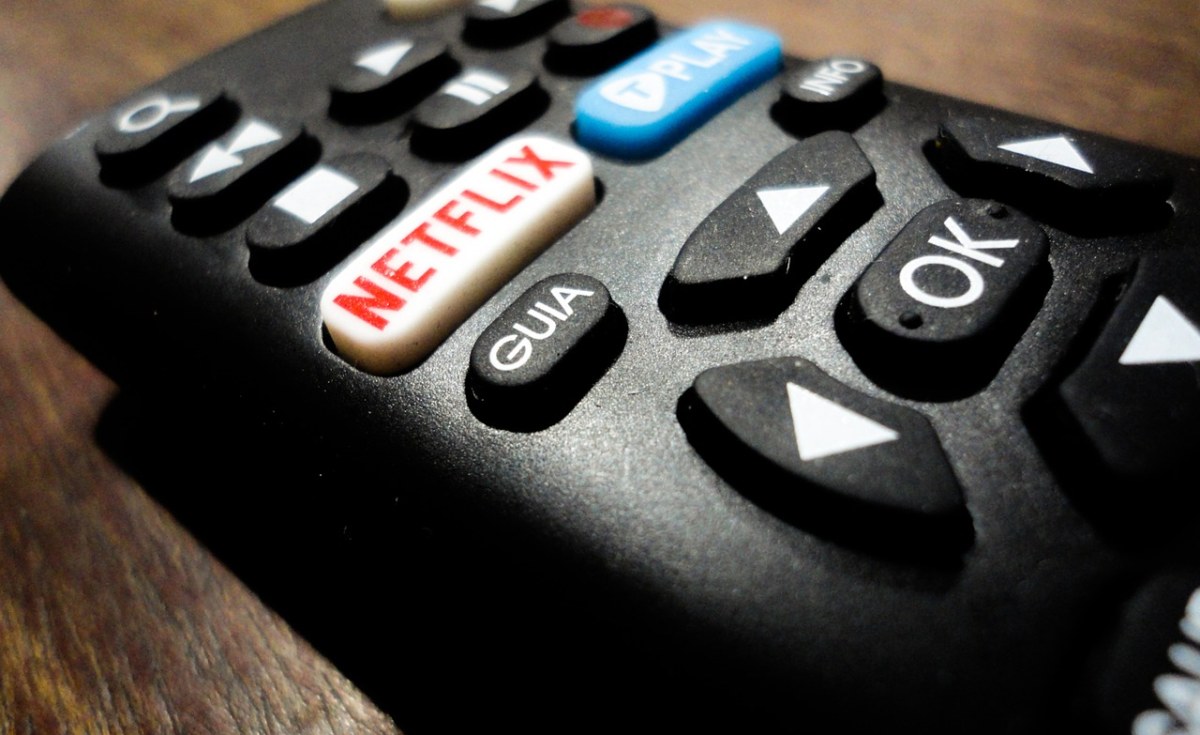“By joining cities like Monaco, London, and Venice on the E1 calendar, Lagos has once again shown that we are bold, resilient, and ready to take our place on the global stage,” the govenor said.
Lagos State Governor Babajide Sanwo-Olu on Saturday evening hailed the city’s debut as the first African host of the E1 electric powerboat race, the E1 Lagos GP, describing it as a milestone in clean energy, innovation, and youth empowerment.
In a post on X, Governor Sanwo-Olu thanked President Bola Tinubu for his goodwill message and reaffirmed Nigeria’s commitment to sustainability and the blue economy.
“By joining cities like Monaco, London, and Venice on the E1 calendar, Lagos has once again shown that we are bold, resilient, and ready to take our place on the global stage,” he said.
Keep up with the latest headlines on WhatsApp | LinkedIn
The championship, which comes to an end on Sunday at the Victoria Island Lagoon, began Friday with a vibrant boat regatta showcasing the beauty of Lagos’ waterways.
Saturday featured qualifying trials and high-speed races, during which competitors demonstrated skill, precision, and teamwork.
“Lagos truly shone as we hosted the world with warmth, pride, and excitement. I’m proud of everyone who helped make this event a success and of the amazing Lagosians who came out to support,” the governor said.
Speaking at the African Blue Economy Summit recently, Governor Sanwo-Olu emphasised the city’s ambition to leverage its waterways for jobs, innovation, transport, and climate resilience.
“Hosting the E1 Lagos GP has shown how water can inspire sport, entertainment, and big ideas in technology and sustainability,” he said, noting ongoing investments in maritime infrastructure and water transport.
In a thrilling qualifying session, Team Rafa, owned by tennis legend Rafael Nadal, secured pole position ahead of Team Brady and Aoki Racing. The result lifted Team Rafa to the top of the overall standings with 136 points, one ahead of Team Brady on 135, while Aoki Racing followed with 125 points.
Additionally, Team Brazil, sponsored by Claure Group, earned 51 points. Other standings include Team Blue Rising (114), Westbrook Racing (82), Team Alula (LeBron James, 79), Team Drogba Global Africa (66), and Team Miami (32).
E1 founder and CEO Rodi Basso hailed the Lagos round as a defining moment for motorsport in Africa and for the championship’s global expansion.
Get the latest in African news delivered straight to your inbox
By submitting above, you agree to our privacy policy.
Almost finished…
We need to confirm your email address.
To complete the process, please follow the instructions in the email we just sent you.
There was a problem processing your submission. Please try again later.
He said, “The warm welcome in Lagos has been incredible. The passion of Nigerians made this historic E1 Lagos GP presented by FirstBank possible.
“Our ambition is to build a motorsport legacy in Africa. This weekend’s race is just the beginning, and today’s qualifying offered a thrilling preview of race day.”
Thousands of fans are expected at the Marina waterfront on Sunday as excitement builds across Lagos.
African football legend Didier Drogba and partner Gabrielle Lemaire, instrumental in bringing the E1 Series to Africa, will attend to support Team Drogba Global Africa.
The E1 Series, sanctioned by the Union Internationale Motonautique (UIM), is the world’s first all-electric powerboat championship. Launched in 2024, it features hydrofoil-equipped RaceBirds that can reach speeds of up to 50 knots while reducing environmental impact.
The 2025 season includes cities such as Jeddah, Doha, Monaco, and Miami, with Lagos marking Africa’s first appearance.
The event has attracted celebrity-backed teams, including Tom Brady, Rafael Nadal, LeBron James, Steve Aoki, Virat Kohli, and Will Smith.
Highlights of the Lagos GP, including thrilling near-flips and high-speed manoeuvres, are available here: E1 Lagos GP 2025: Team Brady’s Near Flip Shocks the Crowd.
Read the original article on Premium Times.
AllAfrica publishes around 600 reports a day from more than 110 news organizations and over 500 other institutions and individuals, representing a diversity of positions on every topic. We publish news and views ranging from vigorous opponents of governments to government publications and spokespersons. Publishers named above each report are responsible for their own content, which AllAfrica does not have the legal right to edit or correct.
Articles and commentaries that identify allAfrica.com as the publisher are produced or commissioned by AllAfrica. To address comments or complaints, please Contact us.
AllAfrica is a voice of, by and about Africa – aggregating, producing and distributing 600 news and information items daily from over 110 African news organizations and our own reporters to an African and global public. We operate from Cape Town, Dakar, Abuja, Johannesburg, Nairobi and Washington DC.
Get the latest in African news delivered straight to your inbox
By submitting above, you agree to our privacy policy.
Almost finished…
We need to confirm your email address.
To complete the process, please follow the instructions in the email we just sent you.
There was a problem processing your submission. Please try again later.
source





 Local5 days ago
Local5 days ago
 Local6 days ago
Local6 days ago
 Local4 days ago
Local4 days ago
 Business5 days ago
Business5 days ago
 Local6 days ago
Local6 days ago
 Local6 days ago
Local6 days ago
 Local4 days ago
Local4 days ago
 Local6 days ago
Local6 days ago




